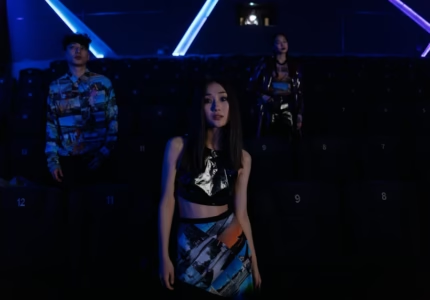Recevez en priorité toutes les infos sur le cinéma Camerounais, les news, et les kongossas de vos Stars
In recent years, the landscape of education has undergone a significant transformation, largely driven by advancements in technology and the increasing accessibility of the internet. As a result, two predominant approaches to education have emerged: traditional in-person learning and online education. Each method presents unique benefits and challenges, prompting a growing discussion among educators, students, and parents about which approach is more effective in preparing learners for the demands of the modern world.
Traditional education has long been viewed as the gold standard, characterized by face-to-face interactions in a structured classroom setting. This model promotes a sense of community and collaboration, allowing students to engage directly with their peers and instructors. On the other hand, online learning offers flexibility and convenience, catering to the needs of those who may not thrive in a conventional classroom environment. The question then arises: which method is better suited to equip students with the skills and knowledge necessary for success in today’s rapidly changing society?
One of the most significant advantages of traditional education is the social interaction it fosters. Being physically present in a classroom allows students to develop essential interpersonal skills, build relationships, and engage in spontaneous discussions that can enhance their learning experience. These interactions can lead to the formation of study groups, friendships, and networking opportunities that are invaluable in both academic and professional settings. Moreover, the presence of a teacher provides immediate feedback and support, helping students navigate complex topics more effectively.
Recevez en priorité toutes les infos sur le cinéma Camerounais, les news, et les kongossas de vos Stars
Conversely, online learning offers unparalleled flexibility, allowing students to tailor their education to fit their individual lifestyles. This approach is particularly beneficial for non-traditional students, such as working professionals or parents, who may struggle to attend regular classes. Online platforms often provide a wealth of resources, including recorded lectures, interactive assignments, and discussion forums, enabling learners to access materials at their own pace. This self-directed learning model encourages students to take ownership of their education, fostering independence and critical thinking skills.
However, the lack of face-to-face interaction in online learning can be a double-edged sword. While some students thrive in a virtual environment, others may struggle with feelings of isolation and disengagement. The absence of physical presence can hinder the development of communication skills and reduce opportunities for collaborative learning. Additionally, the effectiveness of online education often hinges on a student’s self-discipline and motivation, which can vary widely among individuals. For those who require structure and guidance, traditional education may provide a more supportive framework.
Ultimately, the choice between traditional education and online learning may not be a matter of which is superior, but rather which is more suitable for each individual learner. Some may find that a blended approach, combining elements of both methods, best meets their needs. As education continues to evolve, it is crucial for students, educators, and policymakers to remain open to exploring innovative solutions that harness the strengths of both traditional and online learning.
In conclusion, the debate between traditional education and online learning reflects broader societal shifts and the diverse needs of today’s learners. While traditional education offers valuable social interactions and immediate support, online learning provides flexibility and independence. As we navigate this educational landscape, it is essential to recognize that there is no one-size-fits-all solution. By embracing a variety of learning approaches, we can create a more inclusive and effective educational system that prepares students for the challenges of the future.
Recevez en priorité toutes les infos sur le cinéma Camerounais, les news, et les kongossas de vos Stars




